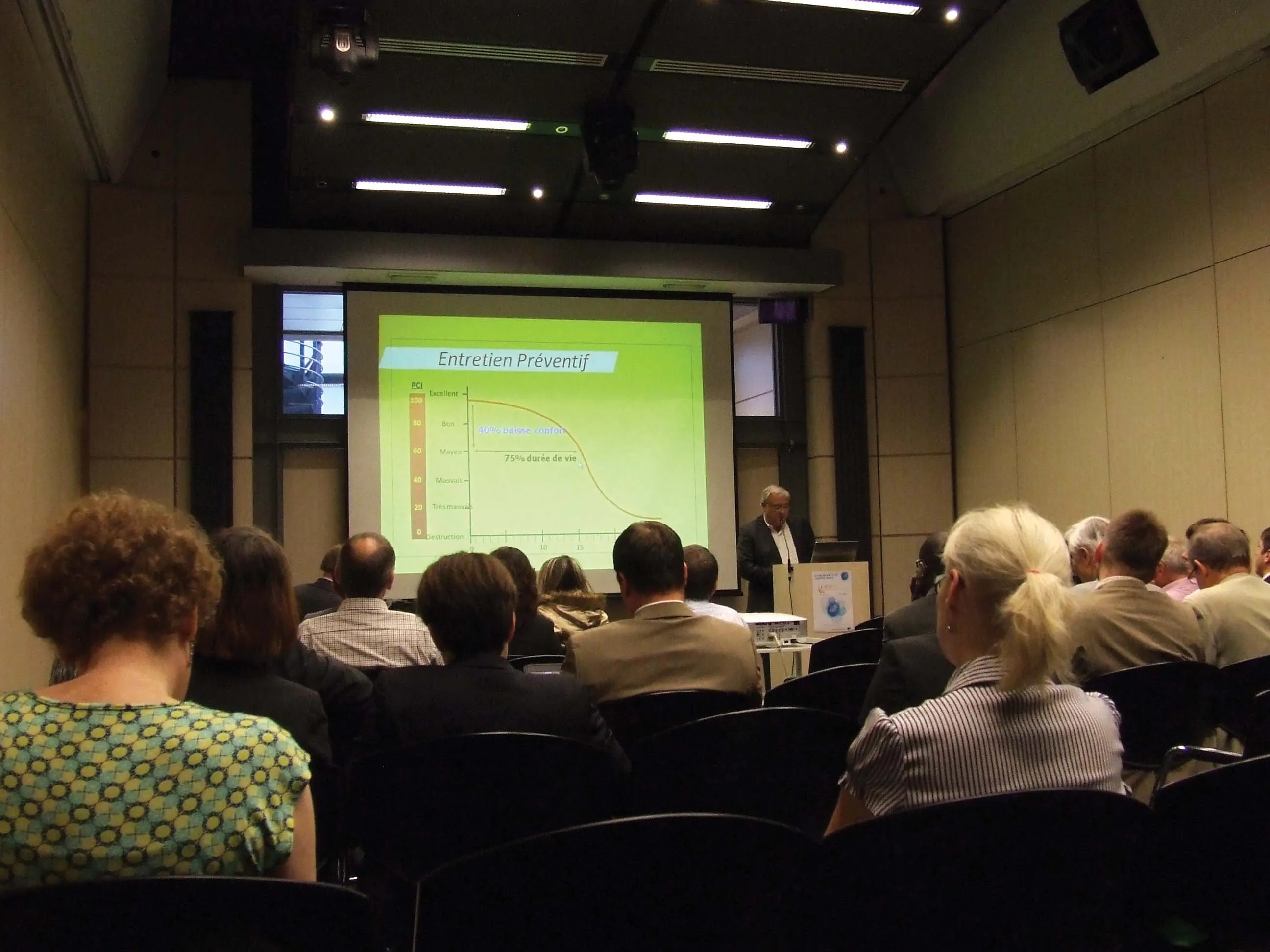Climate change is affecting the road network, with increased risks of flooding and wear and tear adding to maintenance headaches. According to the Transport Research Laboratory (
With climate impacts affecting a broad range of real-world scenarios, NRAs need a risk assessment tool that provides insight and targets the priorities for intervention within their region. In response, the DeTECToR tool (Decision Support Tools for Embedding Climate Change Thinking on Roads) has been developed and is available with general access to transport authorities throughout the UK and across Europe. DeTECToR equips NRAs with the insight to implement the latest climate change research and best practice. By installing robust road network data onto the tool, NRAs can assess the risks based on calculated indicators related to climate, infrastructure and impacts.
“The new service aims to help asset managers and policymakers determine the most cost-effective adaptation measures and help them develop the business case for adaptation action,” commented Dr Sarah Reeves. She is a member of the coordinating team at TRL that worked with partners from Germany, Poland and Austria to successfully develop the software tools and guidance documents for road authorities. “By reviewing their operations, standards and asset management processes, users will be able to implement climate change policy consistently and effectively across their network,” she added.
The new risk assessment tool is now being used by the Norwegian Public Roads Administration, which is commencing an assessment with the new software. As a region that is characterised by dramatic geography and extreme variations in seasonal climate, it is a country with a network that supports high numbers of disparate communities across its rugged landscape and transport network that is prone to coastal and inland floods, landslides and avalanches.
Gordana Petkovic, Senior Principal Engineer foresees, “… climate change and the frequency of extreme weather events on our network will have an impact on costs. I hope that the DeTECToR tool will give us insight into the higher loading that this puts on our network. We need a good overview of the benefits of investment in infrastructure so we can balance short-term measures with the need for long-term sustainable solutions.”
A Scotland based pilot study was carried out by TRL in conjunction with Transport Scotland and results have shown that the DeTECToR tool is functional, relevant and provides useful information for road authorities to help them to adapt to climate change and reduce carbon. Overall it is hoped that the availability of the new analysis and cost-benefit assessment tool will prompt the consideration of appropriate climate change measures that will become a routine part of the management of the road network.
Climate change affects the road network
Climate change is affecting the road network, with increased risks of flooding and wear and tear adding to maintenance headaches.
November 5, 2019
Read time: 3 mins







